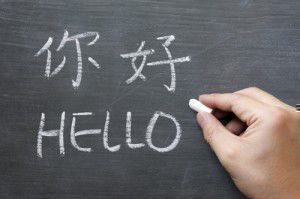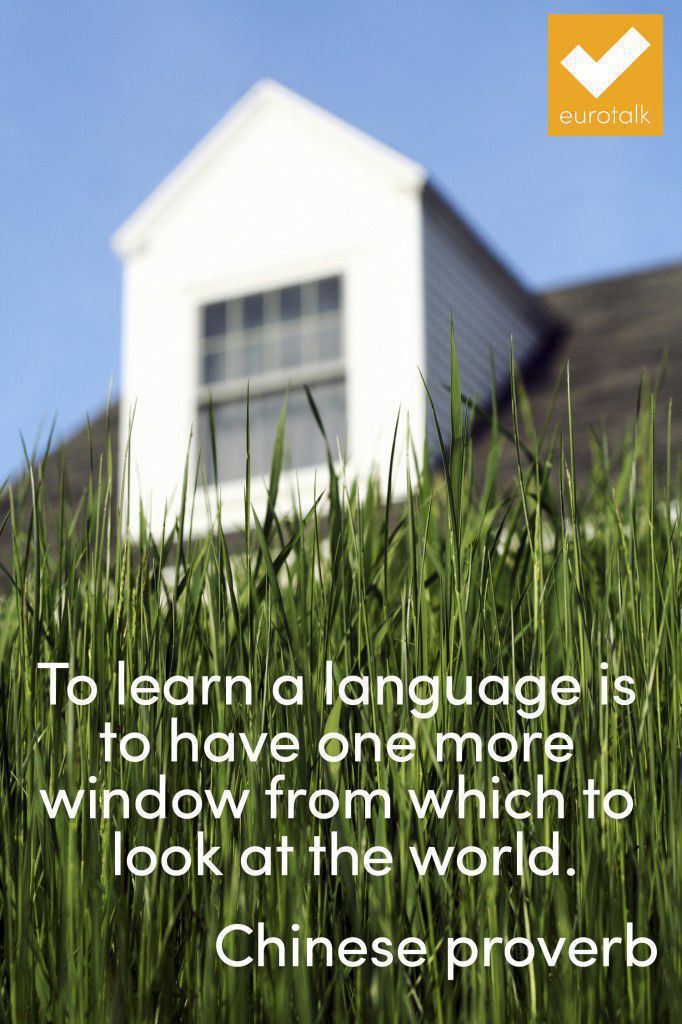Translation mistakes – not just for laughs
Today we have a guest post from language company, thebigword, on famous translation mistakes, some of which had serious consequences. Mistakes are common, and to be expected, when you’re learning a language – but when it really matters, it’s important to get it right!
Over the years there have been many translation ‘slip ups’ and faux pas, and whilst the mistakes may seem funny some can have a far more serious impact. Reputable language solution agencies such as thebigword, specialise in international translation and you can bet your bottom dollar that they wouldn’t be caught making slip ups like the following.
There have been many incidences over the years where mis-translation can go from highly amusing to potentially life damaging. For example, Mead Johnson Nutritionals in 2003 had a case raised against them when 4.6 million cans of baby food had to be recalled. The translation error, which was caused by effectively being lazy, meant that the prescribed recipe translated into Spanish could have caused massive health issues, according to the U.S. Food and Drug Administration.
 Businesses and the world financial markets have also paid the price at the hands of poor translation, most notably when the price of the U.S. dollar was sent spiralling after an incorrect translation of an article by Guan Xiangdong for the China News Service. Guan’s original piece was meant to be a speculative overview of a series of financial reports, but instead it was translated in a more aggressive tone, which ultimately made readers in the U.S. think it was an authoritative warning and they should move their money and sell shares.
Businesses and the world financial markets have also paid the price at the hands of poor translation, most notably when the price of the U.S. dollar was sent spiralling after an incorrect translation of an article by Guan Xiangdong for the China News Service. Guan’s original piece was meant to be a speculative overview of a series of financial reports, but instead it was translated in a more aggressive tone, which ultimately made readers in the U.S. think it was an authoritative warning and they should move their money and sell shares.
The Chicago Tribune published a highly shareable article not that long ago when it collated a series of images captured by tourists on their worldly travels. Examples from China included, ‘man toilet’ and ‘The government decides to cracking down fakes intensively for another three years’. However, our favourite has to be, ‘Because there is the situation when a step is bad, please be careful’. We’re pretty positive that was meant to say ‘mind your step’.
Of course, no faux pas goes unnoticed in the world of marketing, where language on billboards or even newspaper advertising isn’t missed by the most ardent observer.
The popular Dairy Association campaign, ‘Got Milk?’, raised an eyebrow or two when in Mexico it was translated to ‘Are you lactating?’ And in France, Colgate produced a new range of toothpaste called Cue; little did anyone realise that it had the same name as a well-known adult magazine. Now that is what we call a faux pas!
Do you have any favourite translation errors? Please share them in the comments below.
Learning Mandarin: Never call your mother a horse, and other tips
Cameron’s spending a couple of weeks with us here at EuroTalk for work experience. In today’s blog post, he explains why he chose to learn one of the world’s most difficult languages, and gives his suggestions for anyone who’s thinking about taking up the challenge.
Are you learning Mandarin? What drew you to the language? And do you have any tips of your own to share?
 Mandarin is recognised as one of the hardest languages to learn in the world, but with great difficulty comes great reward, as Mandarin is also one of the most useful languages in the world. Mandarin is so useful because it is spoken by almost 15 percent of the earth’s population natively, which is almost 1 billion people, and this figure does not include non-native speakers like myself. Also, China is one of the economic and industrial giants of the 21st century, and it’s still growing. Therefore Mandarin is very useful if you want to do business with the people involved in the global superpower that is China. As well as the practical reasons, Mandarin is also a great language to learn for cultural reasons, because, as you probably know, when learning any language, the culture of that country comes hand in hand, and China has a fascinating culture with a rich history.
Mandarin is recognised as one of the hardest languages to learn in the world, but with great difficulty comes great reward, as Mandarin is also one of the most useful languages in the world. Mandarin is so useful because it is spoken by almost 15 percent of the earth’s population natively, which is almost 1 billion people, and this figure does not include non-native speakers like myself. Also, China is one of the economic and industrial giants of the 21st century, and it’s still growing. Therefore Mandarin is very useful if you want to do business with the people involved in the global superpower that is China. As well as the practical reasons, Mandarin is also a great language to learn for cultural reasons, because, as you probably know, when learning any language, the culture of that country comes hand in hand, and China has a fascinating culture with a rich history.
Furthermore, if you learn Mandarin, that adds an extra incentive to make a trip to China to practise your newfound passion, and what’s a better way to spend your holidays than walking the great wall of China or paying a visit to the Terracotta Army? Additionally, if you’re the kind of person who relishes a new challenge, Mandarin is the perfect language for you, because, as I previously stated, it’s one of the hardest languages to learn in the world. On top of this, Mandarin will also appeal to you arty types out there in the form of calligraphy; this is a form of Chinese writing that involves painting the characters onto special paper called Xuanzhi (宣紙).
The most important thing to remember when learning Mandarin is not to get overwhelmed by the vast number of characters in the language; in fact I wouldn’t even worry about characters until you become more advanced in the language. Instead, begin by focusing on the oral side of the language, in particular, the pronunciation of words. In Mandarin pronunciation is key, for example, the word ‘ma’ can be said in four different ways and means four different things, so be careful not to call your mother a horse by pronouncing this word wrong!
A good thing to use to mark your progress of learning Mandarin is the HSK exams. These exams are held once a month and there are numerous different levels to work through, ranging from beginners exams to exams for people who are almost fluent, as well as the added bonus that they are recognised qualifications throughout China.
Good luck!
Cameron
If you’re interested in learning Mandarin, you can get started completely free with uTalk for iOS. Enjoy!
Quote of the week: 12 Jul 2014
“Everyone smiles in the same language.” George Carlin
For more like this, find us on Pinterest.
Embed This Image On Your Site (copy code below):
Quiz: Which language should you learn?
Want to learn a language but not sure which one to go for? Try our new quiz for inspiration…
Did you get a good one? Tell us what you think in the comments, and don’t forget to share with your friends to see if they get the same!
And if you’re still a bit undecided, download our free uTalk app for iOS and try out 111 different languages, to see which one you like 😉
Quote of the week: 14 Jun 2014
“To learn a language is to have one more window from which to look at the world.” Chinese proverb
For more like this, find us on Pinterest.
Embed This Image On Your Site (copy code below):


